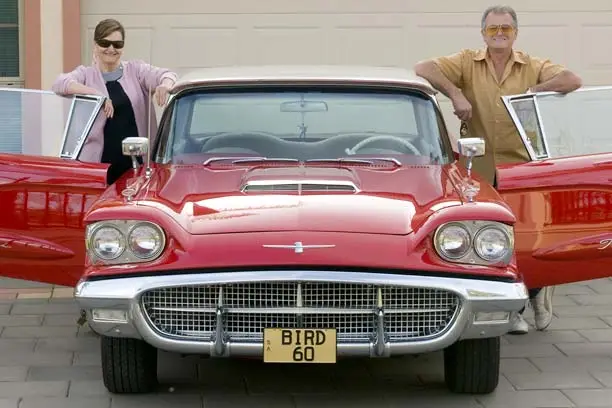Can Your Family Afford to Maintain Family Heirlooms


You know the old saying, “One man’s trash is another man’s treasure,” but have you ever considered that the opposite could be true? When it comes to estate planning, many families set up irrevocable trusts to distribute inherited money and assets but fail to consider if the heir is actually up to the challenge of caring for a collection of sentimental objects.
At its core, estate planning is a method for determining how to distribute your property during your life and after your death. It is the process of developing and implementing a master plan that facilitates the distribution of your property after your death and according to your goals and objectives. Here’s what to consider when choosing heirs for your treasured keepsakes.
From fine China and glass figurines to jewelry and art, the things that were valuable to you and your parents may not carry a lot of weight with the younger generations. Before you assume that your son or daughter wants a cabinet full of vintage dishware, take the time to sit down and talk it through with them. As important as it is to keep things in the family, it’s more important to give them to someone who will appreciate them and care for them.
If a gift is going to make someone’s life harder, you may want to reconsider the recipient. For example, if your adult child is in the military and makes frequent moves, you may not want to saddle them with large items like pianos, ornate dining sets and other furniture. For even larger items like cars and boats, be sure to account for the financial burden of maintenance, storage, taxes, registration and insurance.
It’s important to be transparent with your heirs about the value of what you’re leaving them, both monetarily and emotionally. This can help them decide whether they’re up to the task at hand. If you simply leave behind a box of dishes with no accompanying information, the heir may be more likely to donate or sell them. For higher value items such as jewelry, antiques or artwork, you should get a professional appraisal and have an itemized list or receipt showing the appropriate value of each item.
If it is important to you that your collection remain in the family, be sure to communicate that wish to your heirs and trustees. When it comes to estate planning, it is usually best to err on the side of over-communicating so that your loved ones aren’t left wondering what to do with your heirlooms after you pass away.
An estate plan can help reduce stress and take the guesswork out of asset distribution. Your Farm Bureau agent can help you align your estate strategy with your larger financial plan.